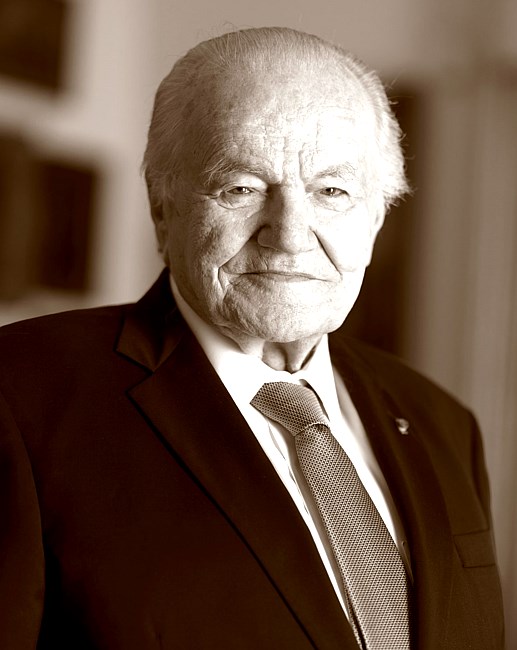In my last three posts, I wrote about the two gods in American surgery. Cooley and DeBakey. Two personalities who achieved the pinnacle, still being on the opposite ends of the surgical universe. One was a thinker, a planner, and had vision. The other one was, let’s-operate-and-see-what-happens, man. The Brainiac hired the Doer, and it seemed inevitable that eventually, the giants will clash. And clash they did.
A friend of mine had asked a superb question. If I needed surgery, and had a choice, which personality would I chose to be my doctor.
My first answer would be that both surgeons would do an excellent job, in the majority of cases. But there would be a tendency for different errors in some of the cases. The Brainiac, occasionally, has an inclination for overthinking, even the simple dilemma. Idea comes that the procedure could be done from the intellectual point better, and he goes the different route than usually. This often complicates the established routine and, willingly or not, he ends with different results. And not always better. In his mind is sounded good, but the results are not like intended to be.
The Doer’s idea of surgery is all about the expediency. Quickly in and quickly out. Speed is everything. He does all cases quicker than his competitor. During a given period of time he operates on more patients than anybody else.
The first one operates with his brain, whereas the second with his hands. First has a tendency to overthink and overcomplicate the surgery. The second cuts the corners and sometimes gets in trouble because of that. First carefully selects his cases, the second operates on everything which moves. First is cautious and doesn’t take risks, the second pushes limits constantly.
I realize that most of the surgeons fall somewhere in-between these extremes. Asked about their legacy, I would leave you with what stands out in my mind.
Cooley’s original sin was to implant the first artificial heart device, which DeBakey didn’t think was yet ready for use. DeBakey’s impression, that the heart implant was not ready for a prime time, expressed 50 years ago, is still valid now. Cooley faced many legal, social and ethical problems as results of his decision. But in history books he’s the first.
Cooley’s autobiography was titled 100,000 Hearts. And the book was published before the end of his career. He also was a go-to surgeon for Jehovah’s Witness followers. Members of that religious group don’t accept any blood transfusions, and I must add first open-heart surgeries were quite bloody.
So, the answer to the original question is––both of them are good. Both achieve their goals, just the ways to get there differ. And because paths are not the same, types of complications are usually not the same. Just like Mac and PC.
But the best advice on which surgeon to choose could come from the people who work for them: scrubs, circulators, techs. They usually witness the gods under pressure and see how they treat people who are dependent on them.
Then again, they could be biased.
But after you make your choice, you have to put the complete trust in your doctor. You don’t have to love him but be convinced he’s the one. Otherwise, if problems come, and they come often, you won’t be able to forgive yourself.
And that’s not good.


